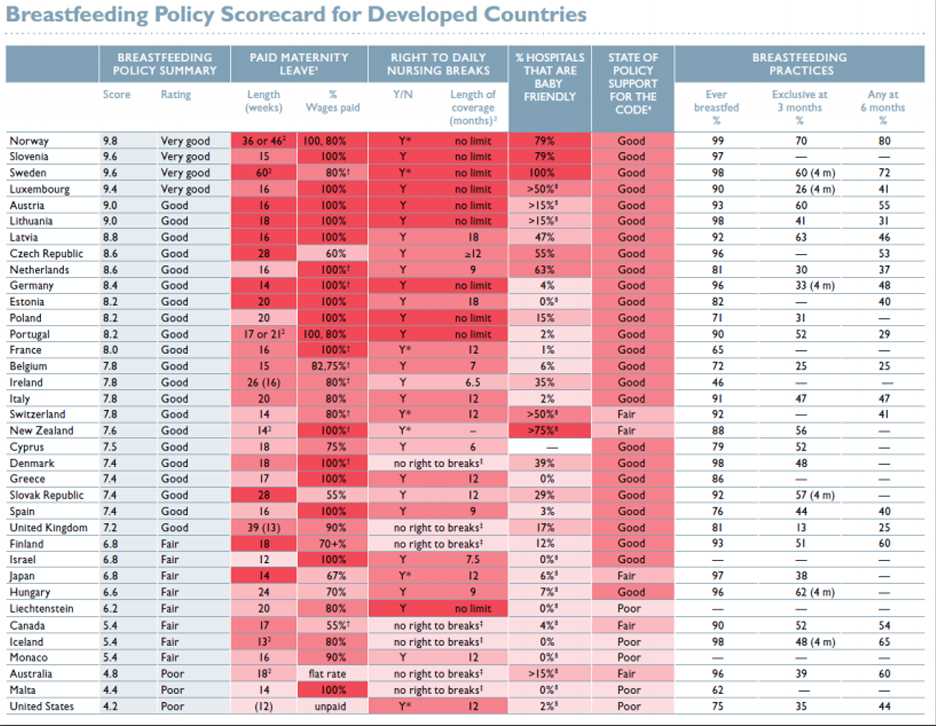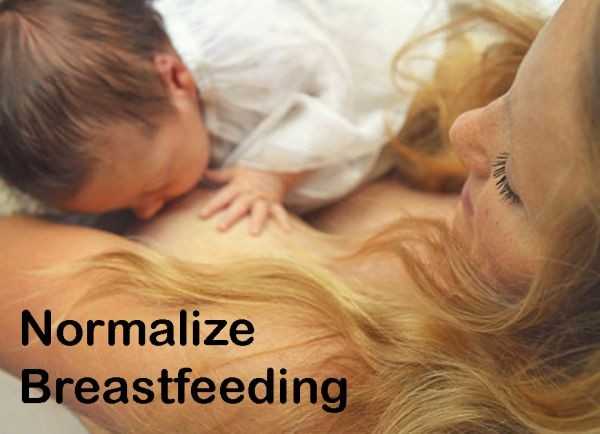Exclusive breastfeeding, according to the World Health Organization (WHO) is encouraged up to 6 months of a baby's life to achieve optimal development. It's also well documented that a regular breastfeeding schedule especially the first two months of feeding help prevent mastitis. Many countries around the world encourage moms to breastfeed because of the health benefits for the child. The rules by every country, however, differ when it comes to public breastfeeding. Moms Pump Here has thousands of locations where moms can nurse or pump around the world but what are the rules when it comes to public breastfeeding? We've listed 10 major countries for you.
In the United States, according the federal law moms are allowed to breastfeed in public, anywhere they are allowed to be, without discrimination and harrassment. Thirty-one states, the District of Columbia, Puerto Rico and the Virgin Islands exempt breastfeeding from public indecency laws.
In the United Kingdom, the Equality Act 2010 stipulates that discrimination in relation to child birth and maternity includes discrimination on the ground of breastfeeding if the nursing mother is treated less favourably.
In China, the Special Rules on the Labour Protection of Female Employees issued by the State Council in April 2012 prohibit employers from terminating a female employee on the ground of breastfeeding. Further, employers are required to allow female employees a one-hour break in each day for breastfeeding, which shall continue for one year after the child’s birth.
In Taiwan, the Public Breastfeeding Act in 2010 makes it illegal to prevent women from breastfeeding in public places. The Act also requires department stores, megastores, government agencies, train stations, airports and public transit areas to provide a breastfeeding room.
In Australia, there is express protection from discrimination against women who are breastfeeding under the Sex Discrimination Act 1984.
In Hong Kong, as of April 2017, Hong Kong encourages breastfeeding, however there is no explicit provision in the Sex Discrimination Ordinance (SDO) prohibiting direct or indirect discrimination against breastfeeding in Hong Kong, but under the Family Status Discrimination Ordinance (FSDO), it is unlawful to discriminate against a person who has “family status." However, the definition of “family status” does not cover breastfeeding women.
In Canada, your right to breastfeed anywhere, anytime is protected by the Canadian Charter of Rights and Freedoms. These codes protect women from discrimination on the basis of sex. To date, only Ontario and British Columbia specifically detail the rights of breastfeeding feeding mothers.
In Sweden, moms are allowed to breastfeed in public spaces BUT oddly for this neutral country there are no laws protecting breastfeeding moms from discrimination or harrassment. Ironically, in 2015 Sweden was listed 3rd in the world for breastfeeding rates (poll by Save the Children).

In India, public breastfeeding is allowed but because of cultural and religious views women often have to nurse in private. However, according to the Maternity Benefit Act of 1961 (recently amended in 2016) women in the work place are allowed nursing breaks 4 times a day where there are 50 employees or more.
In Dubai, public breastfeeding is allowed but due to rules of modesty moms must cover up. The general rule for countries in the United Emerites is to practice modesty.
Moms all over the world can help spread awareness by sharing information with other moms, through social media about breastfeeding laws and during World Breastfeeding Week, each year moms all over can share images and information about breastfeeding.


